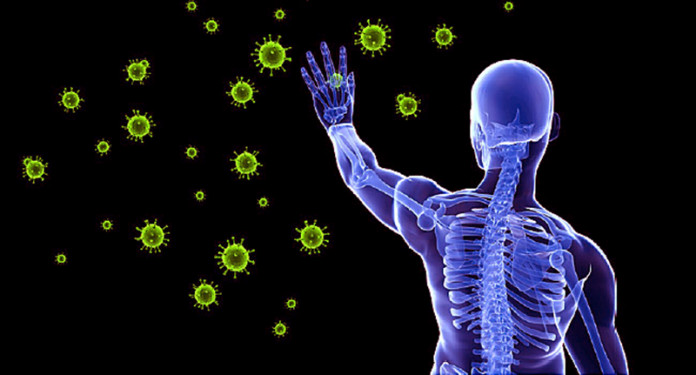RIO DE JANEIRO, BRAZIL – It’s a study with a potential explosive power that the U.S. National Institutes of Health and Moderna published as a pre-print (not yet peer-reviewed) in April 2022. Their data suggest that Covid vaccination impairs the body’s ability to produce an essential type of antibody.
However, these are likely to play an important role in the body’s immune response to the virus – especially in the presence of mutations.
Read also: Check out our coverage on curated alternative narratives
Said study is based on data collected during Moderna’s randomized control trial of its mRNA SARS-CoV-2 vaccine from July 2020 to March 2021. Specifically, the study examined antibody response to the nucleocapsid protein core of Coronavirus.

The researchers made a disturbing discovery; there was a marked difference in anti-nucleocapsid antibody concentrations between vaccinated participants and unvaccinated members of the placebo cohort.
Unvaccinated participants had significantly higher levels of these antibodies than vaccinated participants with the same viral load. While the antibodies were detected in 60% of the unvaccinated who experienced very mild covid infection with low viral load, only 10% of the vaccinated did.
With higher viral loads and mild disease, 71% of the unvaccinated developed anti-nucleocapsid antibodies – compared with only 15% of the vaccinated. In severe infections with very high viral loads, vaccinated persons also develop more of these antibodies.
Alex Berenson and Dr. Robert Malone note in a recent article:
“An unvaccinated person has a nearly 60% chance of developing antibodies even from an extremely mild infection; a vaccinated person needs nearly 100,000 times as much virus in the blood to have the same chance.”
The researchers attributed these observations to a vaccine-induced reduction in seroconversion – that is, vaccination hampers the body’s immune response by reducing the appearance of specific antibodies.
The study authors considered the concentration of the vaccine on the spike protein of SARS-CoV-2 as a possible cause.
They also pointed out that the decreased anti-nucleocapsid antibody response in vaccinees could lead to underreporting of vaccine breakthroughs when measured by antibody assays.
The exact medical significance of these antibodies is mainly unexplored. Berenson and Malone write:
“The long-term immunologic and medical significance of the absence of these antibodies is even less clear. Drug manufacturers primarily targeted the spike protein rather than the nucleocapsid because Sars-Cov-2 depends on its spike for its crucial initial attack on the exterior of human cells. It exposes the nucleocapsid protein only after it has delivered its mRNA into the cell itself.”
“However, there is some evidence that antibodies to the nucleocapsid later play an important role in our immune response. And the coronavirus spike protein mutates rapidly, potentially rendering antibodies against it useless. For example, the spike of Omicron is quite different from that of earlier variants. The nucleocapsid protein mutates much more slowly and provides a potential second line of defense.”
This may now be weakened in vaccinated persons.
The study is a pre-print and has not yet been peer-reviewed. It reports new medical research that has yet to be evaluated and should not be used to guide clinical practice.
Download the study here.

